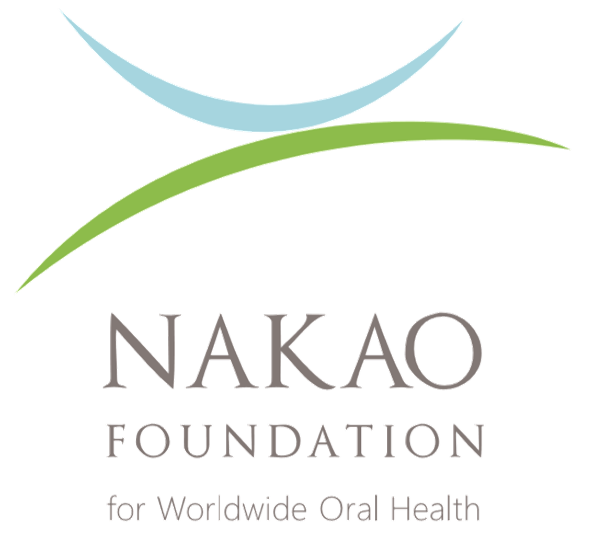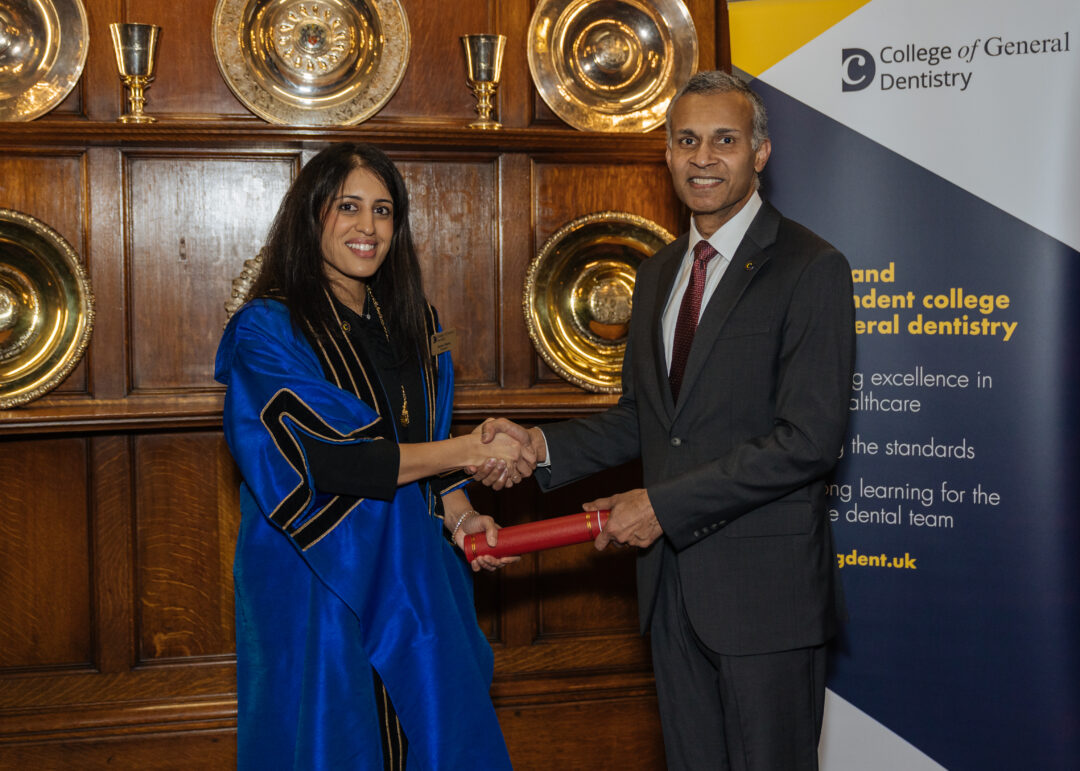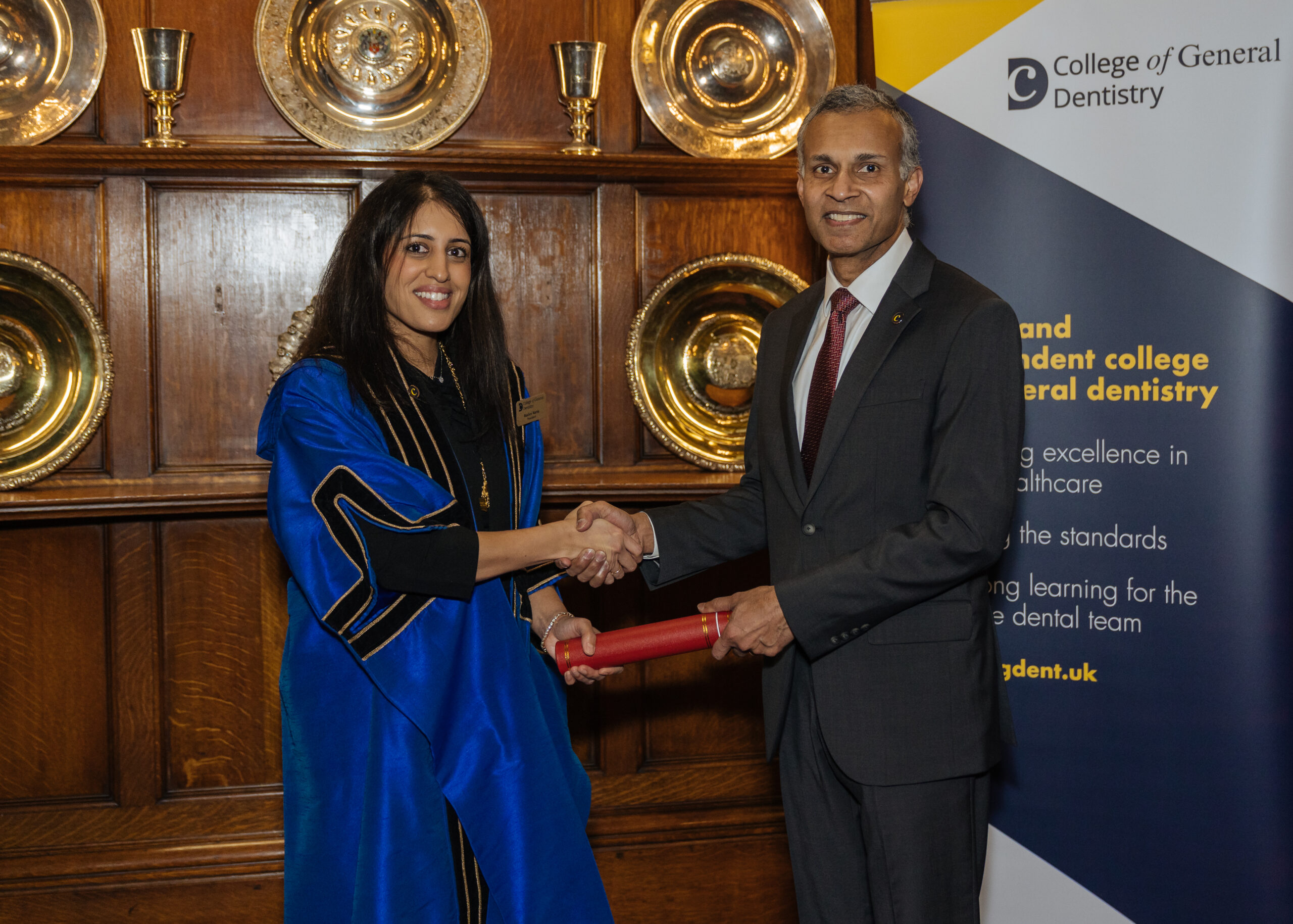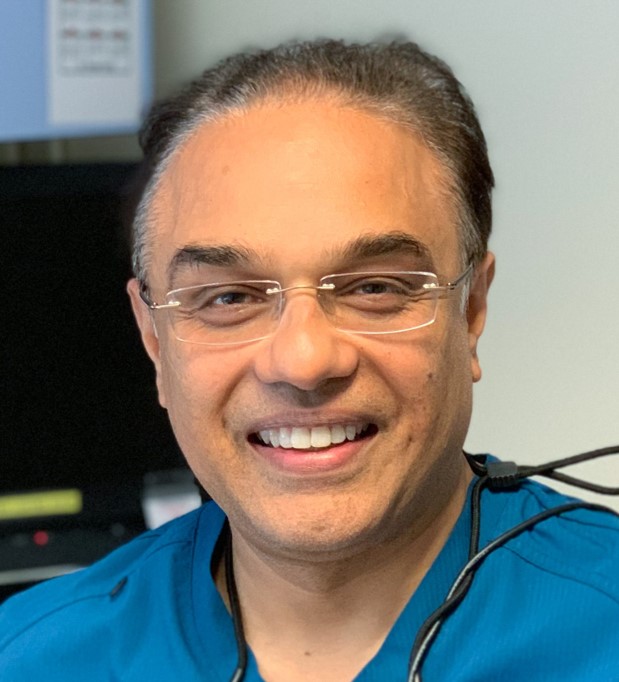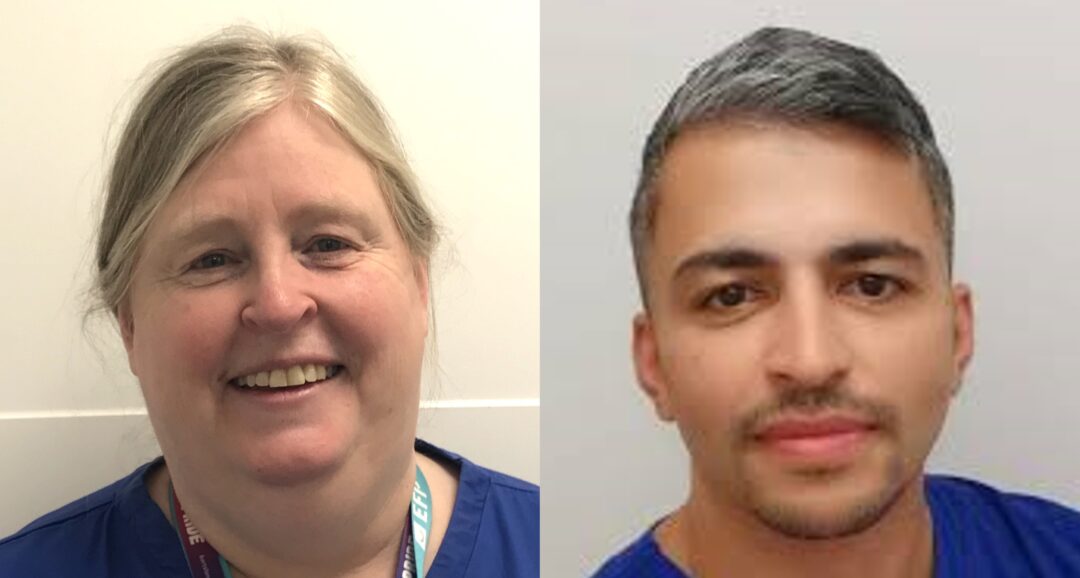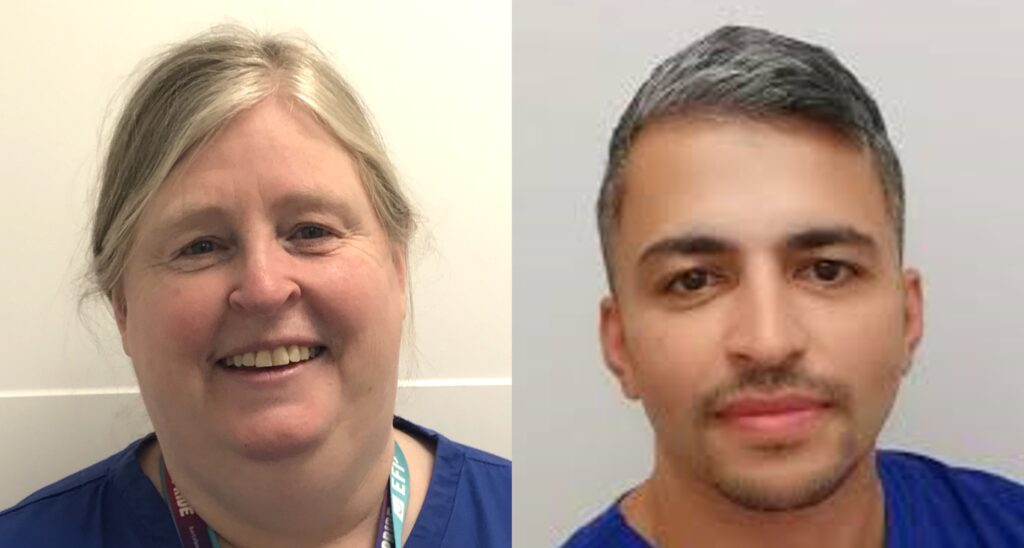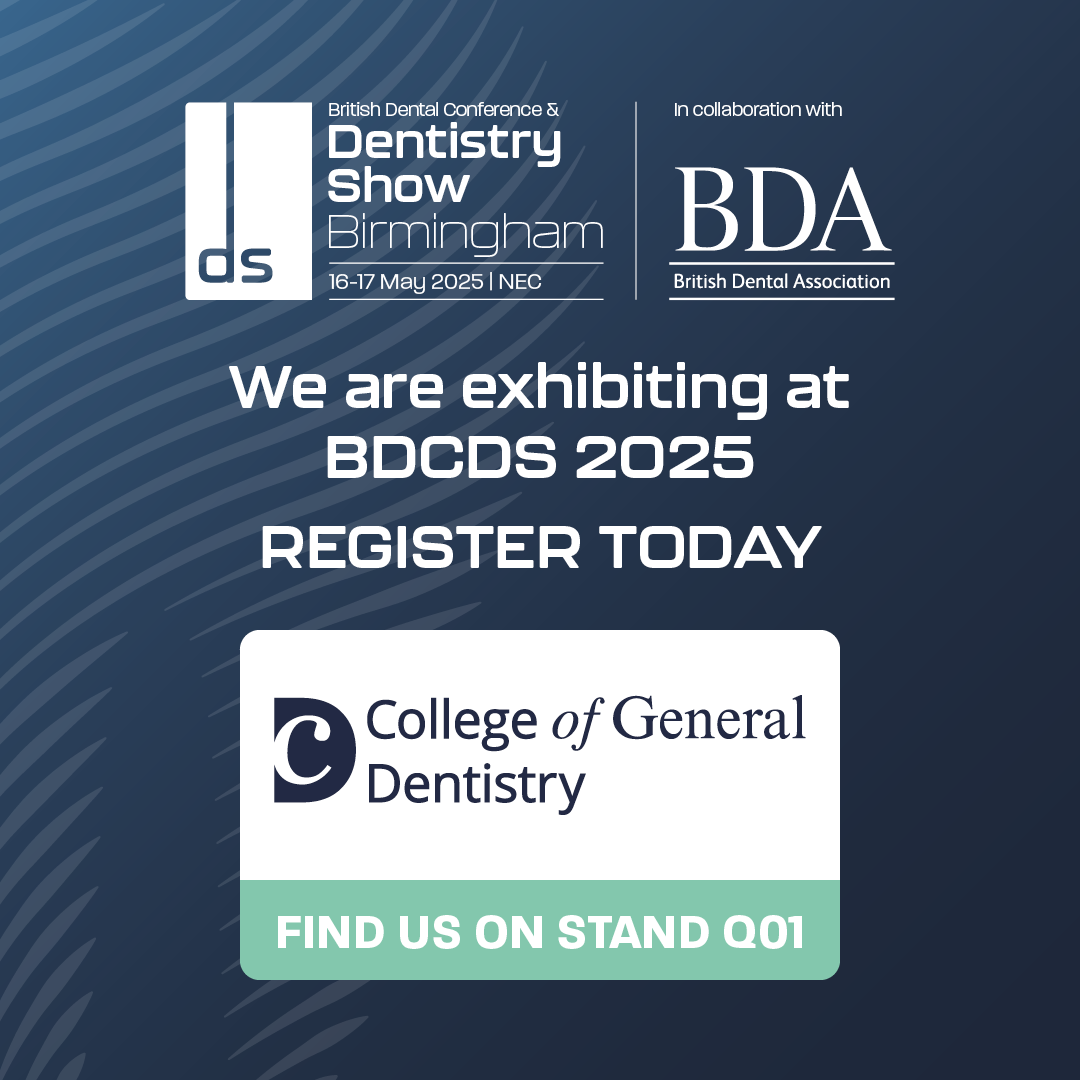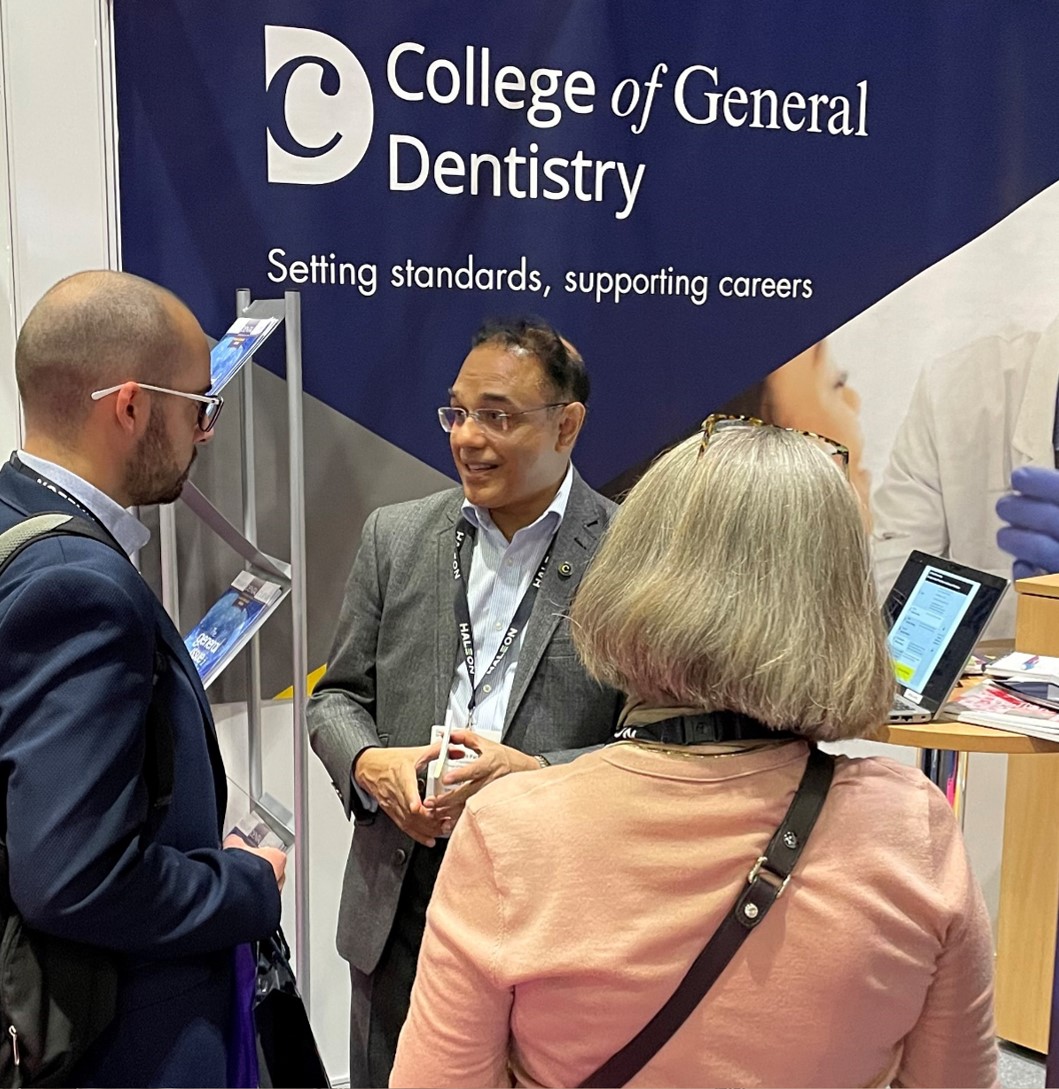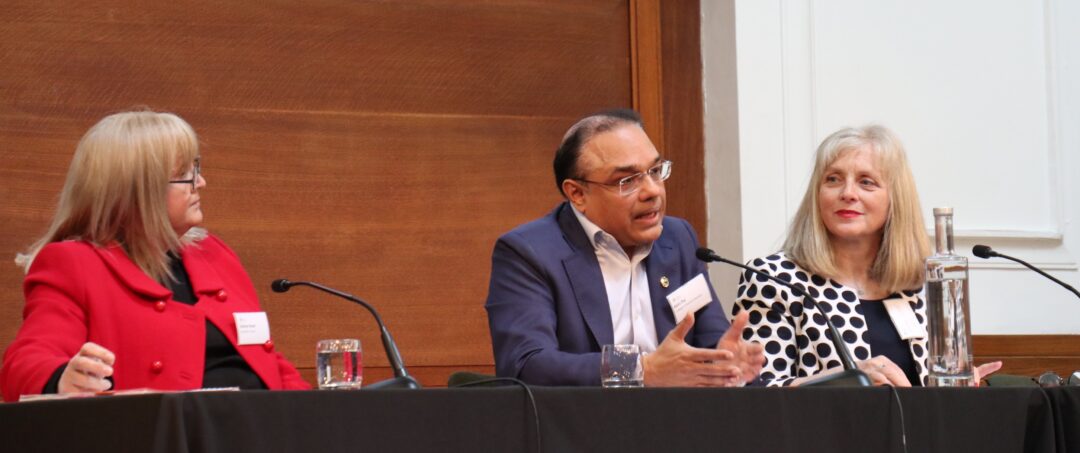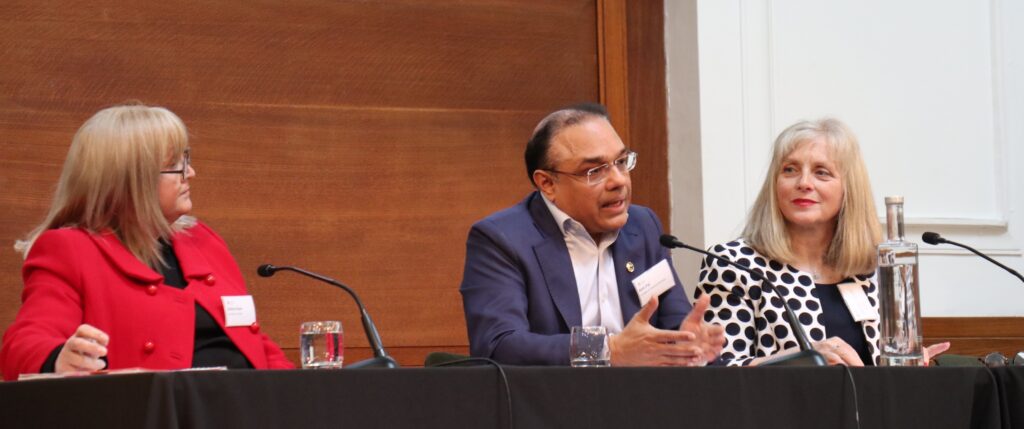Thursday 5 February 2026, 3-5pm, London
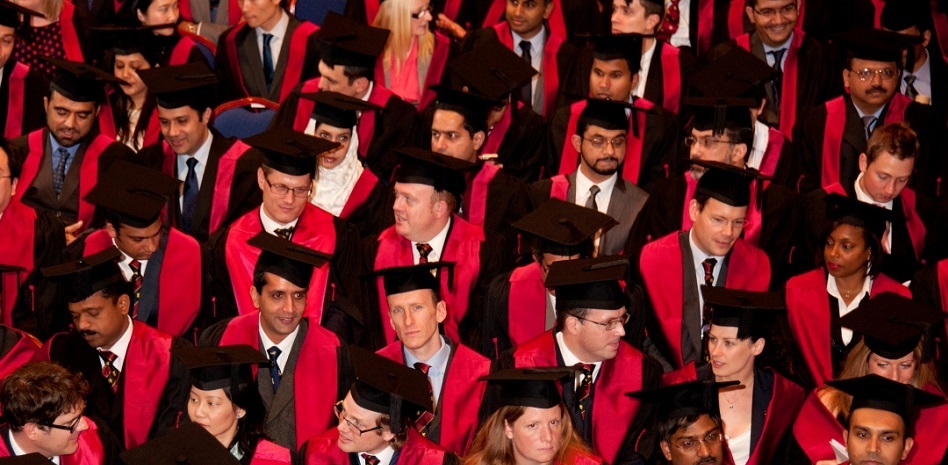
Candidates awaiting conferral of awards by the former FGDP(UK) at a Diplomates’ Day
The Court Room, Cutlers’ Hall, Warwick Lane, London EC4M 7BR
This event celebrated the significant contribution of the former Faculty of General Dental Practice UK (FGDP) to raising the quality of education and practice in implant dentistry through its publication of Training Standards in Implant Dentistry and its renowned Diploma in Implant Dentistry programme.
Led by Dr Abhi Pal FCGDent, it also highlighted the College’s inheritance and continuance of these ambitions through the publication of guidelines on mentoring in implant dentistry and dedicated journal issues, an update of Training Standards in Implant Dentistry, the launch of the Register of Mentors in Implant Dentistry and plans to introduce the validation of quality postgraduate courses.
Dr Pal also outlined the emerging Career Pathway for Implant Dentistry – a progression from new practitioner in the field to Associate Fellowship by Portfolio, Certified Practitioner in Implant Dentistry and ultimately Recognised Mentor – through which implant dentists can develop their careers and gain recognition for the skills, knowledge and experience acquired at each stage.
Dr Pal is Principal of The University Dental and Implant Centre in Birmingham, editor of Training Standards in Implant Dentistry, co-editor of Mentoring in Implant Dentistry: Good Practice Guidelines, Immediate Past President of the College and a member of its Career Pathways Reference Group.
All dental professionals were welcomed to attend
Registering as a College Subscriber is free of charge and ensures you’ll be kept up to date through our regular newsletter. It also gives viewing access to our Standards & Guidance publications. Register via the button below:
Please note that the following events will also be taking place in and around the same location on the same day:
- the 2026 Lilian Lindsay Memorial Lecture (11am-12.30pm, open to all, free of charge, prior booking required)
- the 1992 Circle Winter lunch (1pm-2.30pm, open to all retired members, self-pay on the day, registration of interest requested)
- the Fellows’ Winter Reception, including the Presentations of Associate Fellows and Fellows (6-9pm, open to Associate Fellows and Fellows, chargeable, advance booking required)


